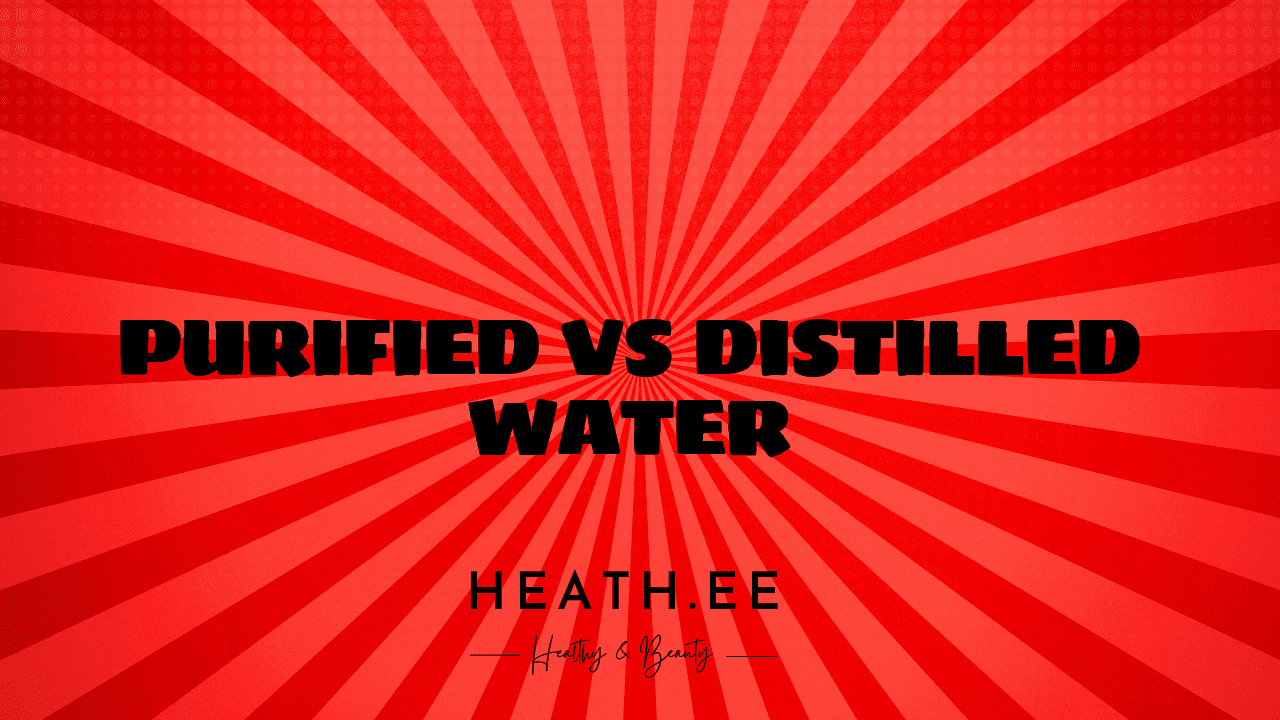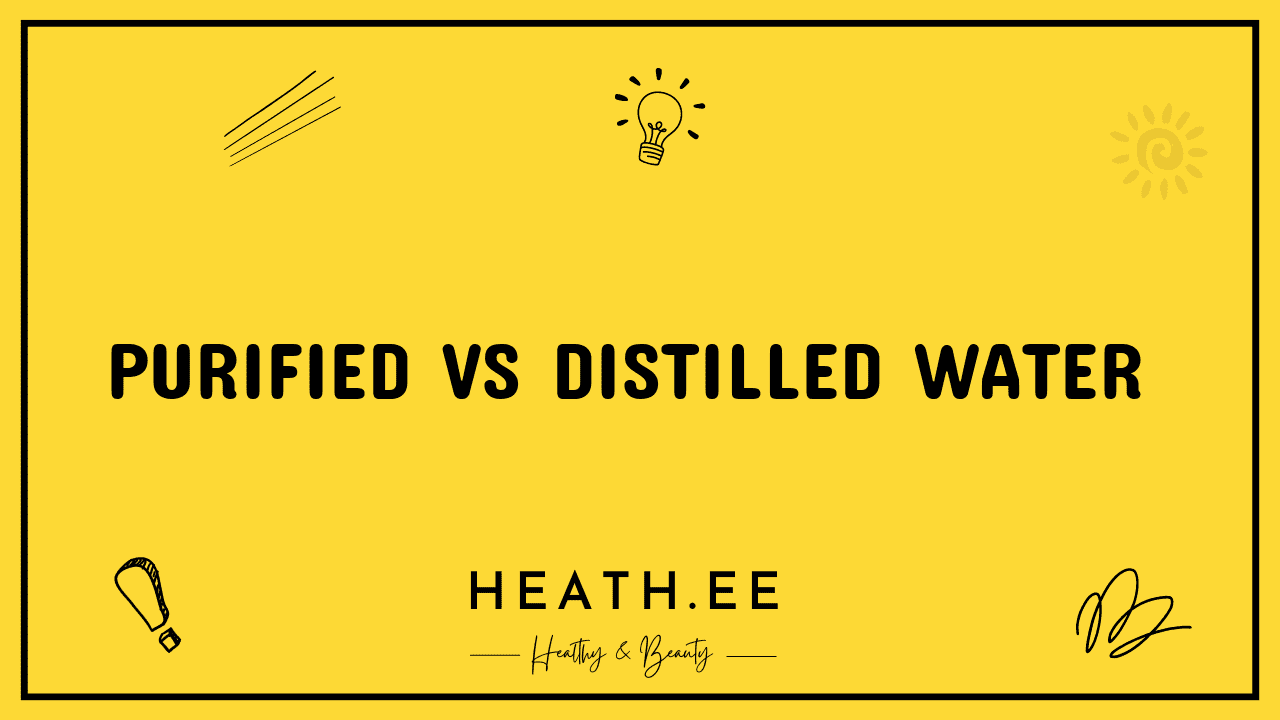When it comes to choosing the right water for drinking, cooking, and cleaning, it is important to understand the differences between purified and distilled water. Both purified and distilled water are widely available and are used for different purposes. In this blog post, we will discuss the differences between the two types of water, their uses, and the benefits of each.
What is Purified Water?
Purified water is any water that has been treated to remove impurities, such as bacteria, viruses, and chemicals. It is also known as “purified drinking water” or “purified water for human consumption.” Purified water is often used for drinking, cooking, and cleaning. It is produced by passing water through a filtration system, such as reverse osmosis, distillation, or deionization. Reverse osmosis is a process that uses a semi-permeable membrane to remove impurities from the water. Distillation is a process that uses heat to evaporate water and then condense it back into liquid form. Deionization is a process that uses ion exchange resin to remove impurities from the water.

What is Distilled Water?
Distilled water is any water that has been processed through distillation. Distillation is a process that uses heat to evaporate water and then condense it back into liquid form. During the process, impurities, such as bacteria, viruses, and chemicals, are left behind. Distilled water is often used for drinking, cooking, and cleaning. It is also used in medical and laboratory settings. Distilled water is sometimes referred to as “steam-distilled water” or “distilled water for human consumption.”
Benefits of Purified Water
Purified water has many benefits. It is free of contaminants, such as bacteria, viruses, and chemicals. It is also free of heavy metals and other impurities that can be found in tap water. Purified water is also free of chlorine and other chemicals used to treat tap water. Additionally, it is often much less expensive than bottled water.

Benefits of Distilled Water
Distilled water has many benefits. It is free of contaminants, such as bacteria, viruses, and chemicals. It is also free of heavy metals and other impurities that can be found in tap water. Distilled water is also free of chlorine and other chemicals used to treat tap water. Additionally, it is often much less expensive than bottled water.
Purified Water vs Distilled Water
When comparing purified and distilled water, it is important to note that both types of water are free of contaminants and impurities. Both types of water are also free of chlorine and other chemicals used to treat tap water. However, there are some differences between the two. Purified water is produced by passing water through a filtration system, such as reverse osmosis, distillation, or deionization. Distilled water is produced by passing water through a distillation process. Additionally, distilled water is often more expensive than purified water.
Uses of Purified Water
Purified water is often used for drinking, cooking, and cleaning. It is also used in medical and laboratory settings. It is also used to make ice, coffee, and tea. Additionally, it is often used in aquariums and fish tanks.
Uses of Distilled Water
Distilled water is often used for drinking, cooking, and cleaning. It is also used in medical and laboratory settings. It is also used to make ice, coffee, and tea. Additionally, it is often used in aquariums and fish tanks.
Advantages of Purified Water
One of the main advantages of purified water is that it is free of contaminants, such as bacteria, viruses, and chemicals. It is also free of heavy metals and other impurities that can be found in tap water. Additionally, it is often much less expensive than bottled water.
Advantages of Distilled Water
One of the main advantages of distilled water is that it is free of contaminants, such as bacteria, viruses, and chemicals. It is also free of heavy metals and other impurities that can be found in tap water. Additionally, it is often much less expensive than bottled water.
Disadvantages of Purified Water
One of the main disadvantages of purified water is that it does not contain essential minerals, such as calcium and magnesium, which can be found in tap water. Additionally, some types of purified water may contain traces of chemicals or other impurities.
Disadvantages of Distilled Water
One of the main disadvantages of distilled water is that it does not contain essential minerals, such as calcium and magnesium, which can be found in tap water. Additionally, some types of distilled water may contain traces of chemicals or other impurities.
Conclusion
In conclusion, purified and distilled water are both free of contaminants, such as bacteria, viruses, and chemicals. They are also free of heavy metals and other impurities that can be found in tap water. However, there are some differences between the two. Purified water is produced by passing water through a filtration system, such as reverse osmosis, distillation, or deionization. Distilled water is produced by passing water through a distillation process. Additionally, distilled water is often more expensive than purified water. Ultimately, the choice between purified and distilled water depends on the needs and preferences of the individual.



